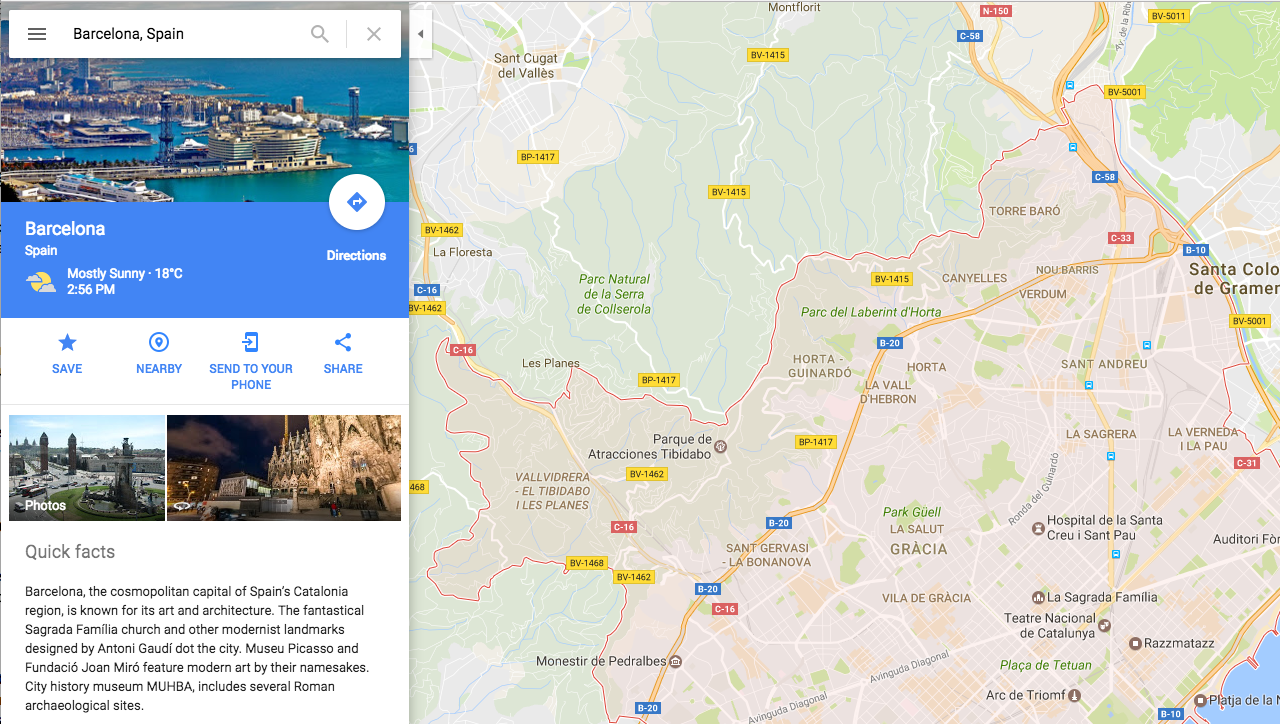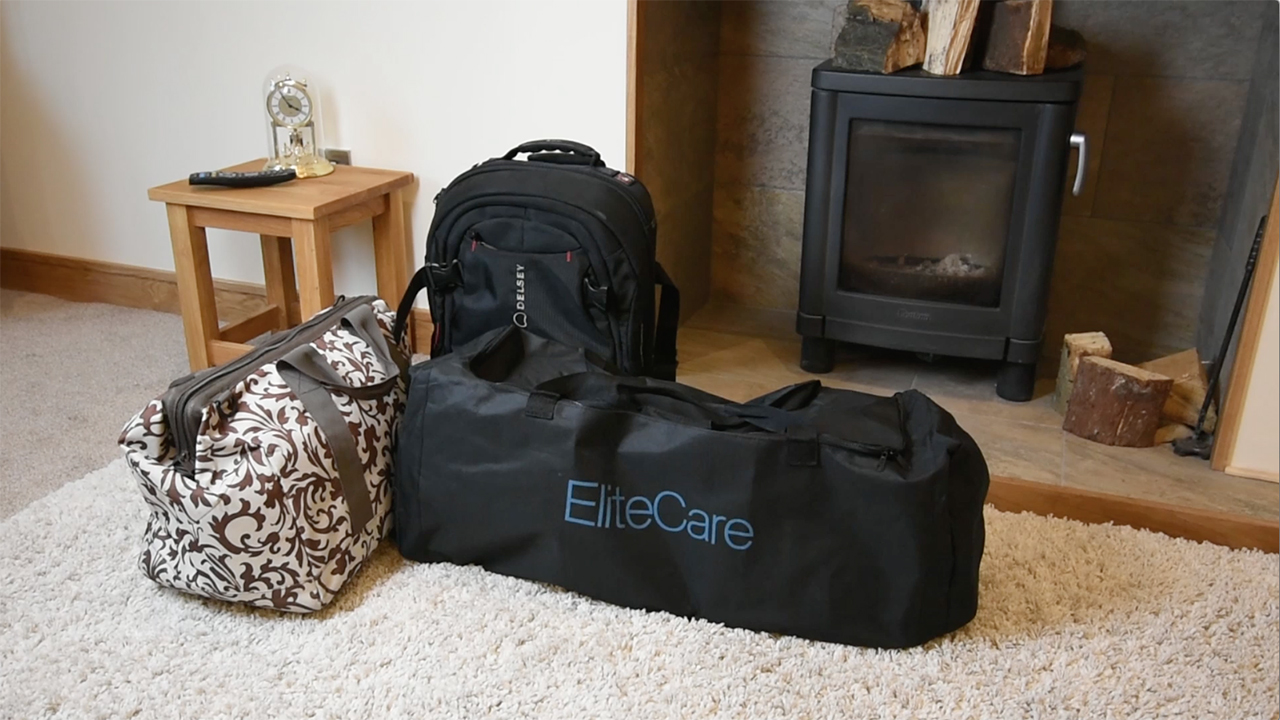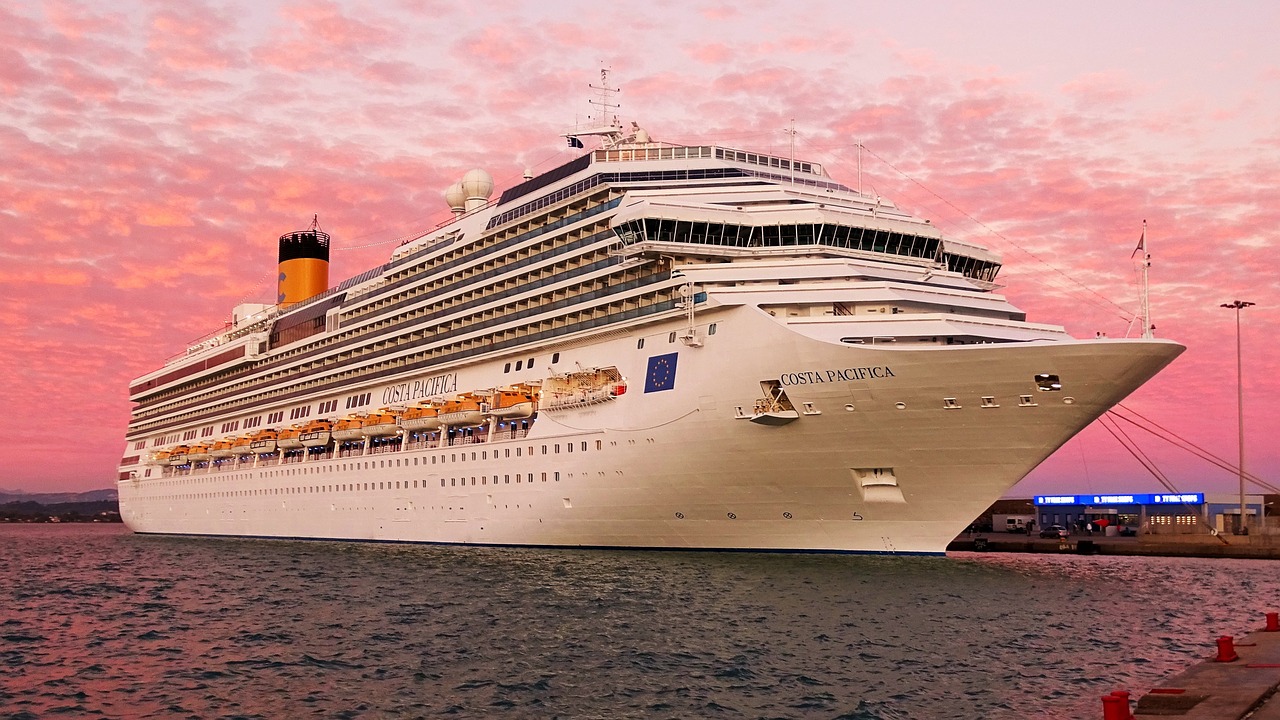5 Valuable Tips For The Senior Traveller

Just because you’re getting older, it doesn’t mean you have to stop doing the things you love. We have shared out tips on travelling for seniors.
As a senior traveller, you are able to draw upon a lifetime of knowledge and experience, which allows you to appreciate new destinations even more.
To ensure that the trip is enjoyable for all involved, adequate preparation is key. Keep these tips in mind so that you can focus on making your next adventure a special one.
6 Tips for Senior's When Travelling
1. Get The Green Light From A Doctor
Perhaps the most important part of planning your trip is getting the green light from your doctor. As well as finding out whether you need any additional vaccinations or prescriptions, they may be able to give you some specialist travel tips of their own.
This is also a good opportunity to make sure your destination is aware of any physical limitations or required treatments, in preparation for your arrival. Your accommodation should know whether you require wheelchair-accessible rooms before booking.
Any special dietary requirements should also be communicated as early as possible. In some cases, it may be an advantage to bring food supplements along with you – this is a conversation you should have with your doctor.

2. Scope Out Your Destination
This is where the Internet is your greatest ally. Use Google to do some research on your destination. Find out how far you need to travel from the airport to your accommodation, and where the nearest medical facilities are in the event you need them.
Google Maps is a fantastic way of seeing where you’ll be staying before you get there! Enter a street name, hotel, or area, and see a detailed map and photos, as well as various points of interest.
TripAdvisor is another great tool that you can use to find information about your destination, and a collection of honest reviews from people who have been to where you are staying!

3. Pack Lightly
Unnecessary baggage will slow you down. Bring what you need and nothing more. This is especially true for bulky items such as shoes that take up valuable space. Roll your clothing instead of folding them – it minimises wrinkles and maximises space!
If you can spare 10 minutes a night to wash your socks, underwear and shirts or blouses at your accommodation, you can save a lot of space in your suitcase. Make the job easier by picking up a few pairs of special quick-dry, nylon and spandex garments from a speciality travel-clothing retailer.
If you require a wheelchair, make sure it is a folding one that is designed for travelling. At less than 10kg, many of ours can be lifted with one hand and assembled in seconds. Click here to learn more about them!

4. Folding or lightweight mobility aids
If you struggle with your mobility, you may want to consider taking folding and lightweight mobility aids. They’re easier to store on various forms of transport and carry around with you when travelling between destinations.
Fenetic Wellbeing offers these lightweight or folding mobility aids:
- Lightweight wheelchairs
- Folding wheelchairs
- Folding rollator
- Lightweight rollator
- 2-in-1 rollator and wheelchair
- Folding walking frame
5. Consider Tours and Cruises
Planned tours and cruises are both great options for seniors, as the itinerary is set ahead of time and the majority of the planning is done for you. Cruises are an especially attractive option as meals are offered at specific times, allowing you to keep to a schedule.
You also get a lot of bang for your buck on a cruise. They are typically all-inclusive and priced on a per-person or per-couple basis. Once you are on board, the destinations come to you, and you can experience many countries and cultures in just one trip!
Some travel companies design tours specifically for elderly people and those with significant mobility issues. This can take much of the stress out of planning a trip and is definitely one to consider.

6. Prepare All Necessary Documentation
Keep all of your travel documents in one place, and leave at home anything you don’t need such as membership cards, receipts etc. Remember passports, drivers license or ID, and make multiple copies of boarding passes/travel tickets, proof of booking, and itineraries.
You’ll also need medical documentation such as proof of insurance, statements from your doctor, as well as information about your prescriptions that may come in handy.
Provide a loved one with a way of contacting you. Purchase a cheap mobile phone that can be used abroad and always be sure to carry it with you, switched on and out of sight. Save a handful of relevant numbers in the address book, including your accommodation, so you’re never far from help in case of an emergency.

This is not an exhaustive list, but with these valuable travel tips, you’ll be well on your way to planning your next adventure. Feel free to leave a comment with any tips you may have for other senior travellers!


